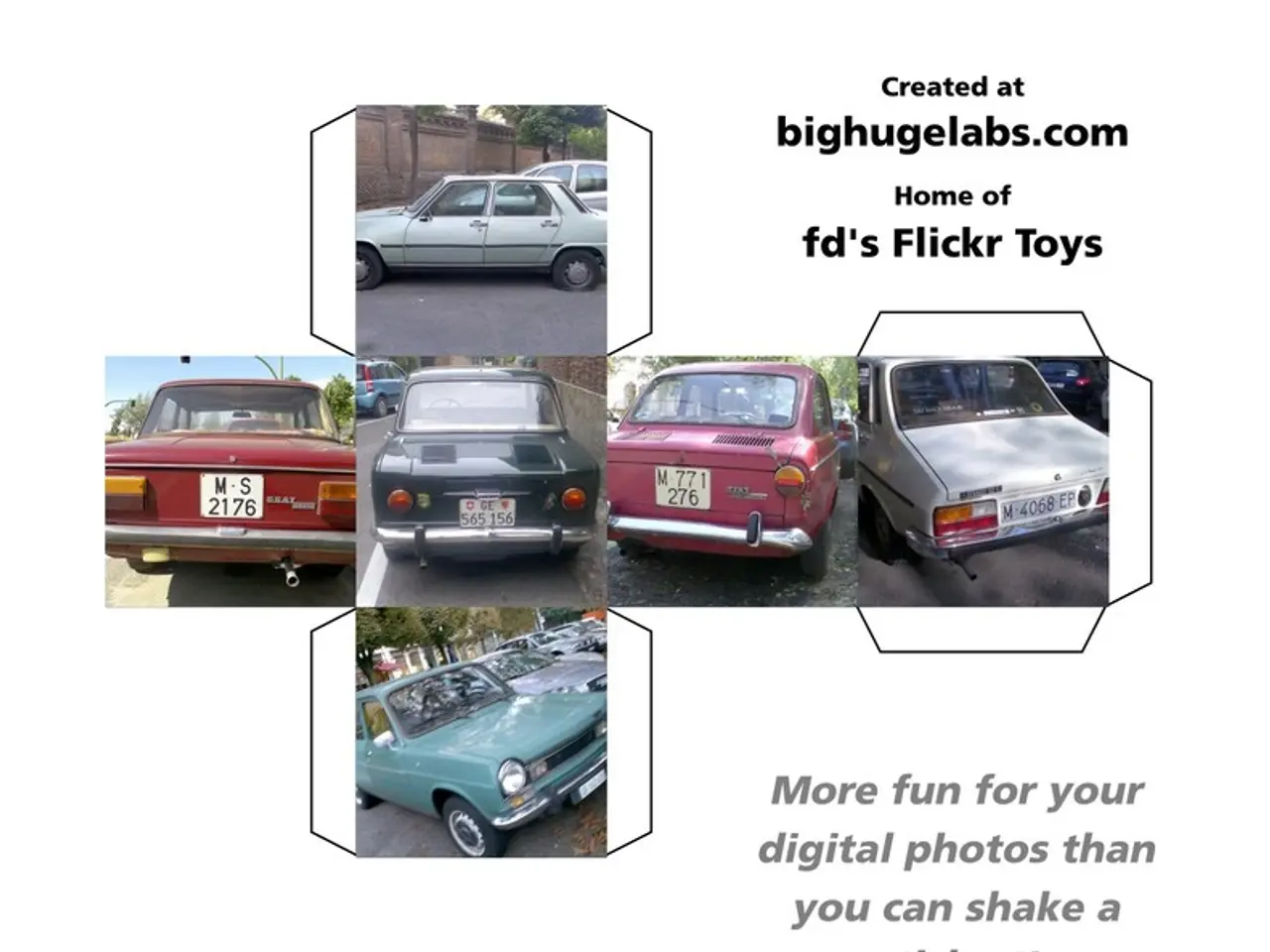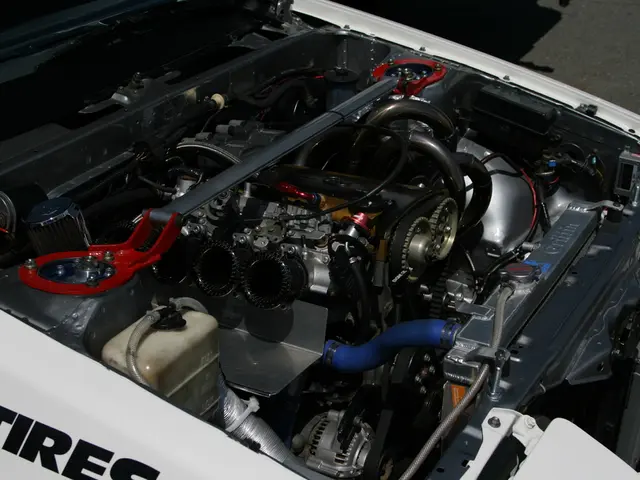Genesis, Lexus, BMW, and Hyundai Lead in Customer Satisfaction According to J.D. Power Tech Experience Survey
In the latest U.S. Tech Experience Index (TXI) Study, conducted by J.D. Power, it has been revealed that some advanced vehicle technologies are not meeting user expectations, with usability and understanding of technology functions being the primary concerns.
Genesis has taken the top spot overall and among premium brands for innovation, scoring an impressive 584. The Genesis GV70 has also been awarded the Emerging Automation Award for front cross traffic warning. Meanwhile, BMW ranks third among premium brands for innovation, with a score of 528, while Hyundai takes the lead among mass market brands with a score of 518. Kia follows closely behind, ranking second among mass market brands with a score of 499.
However, the study also suggests that Tesla might be losing its tech edge as its customer base expands beyond tech-hungry early adopters. Tesla owners have reported lower satisfaction across some problematic techs, such as direct driver monitoring.
Smart climate control technology has won popularity among vehicle owners, while recognition technologies like facial recognition, fingerprint reader, and interior gesture controls have fallen out of favor. The study found that interior gesture controls have been reported to have 43.4 problems per 100 vehicles and are considered lacking in functionality by 21% of owners.
The addition of a second screen in vehicles complicates the vehicle delivery process, making it difficult for dealers to teach new owners how to use both screens. This has led to passenger display screens being classified as "not necessary" by vehicle owners and negatively reviewed due to usability issues.
Common issues vehicle owners face with advanced technology features primarily involve usability and understanding of technology functions rather than outright malfunctions. Confusing or difficult-to-find features, such as the "car wash mode," which is designed to prepare a vehicle for car washing but is often buried deep in the infotainment system, cause frustration and delays for users. Inconsistent performance of recognition technologies, which represent a growing problem area, is also a concern.
The study finds that many owners remain indifferent to the value of advanced driver assistance systems (ADAS), with active driving assistance ranking among the lowest-rated ADAS technologies. The U.S. TXI Study was fielded from July 2023 through May 2024 based on vehicles registered from April 2023 through February 2024.
In addition to Genesis and Hyundai, other winners in the study include the Kia Carnival, which received the Emerging Automation Award for front cross traffic warning in the mass market segment, and the Toyota Sequoia, which received the Convenience Award for its camera rear-view mirror technology. BMW's BMW X6 received the award for infotainment and connectivity in the premium segment for phone-based digital key, while the Hyundai Santa Fe received the same award in the mass market segment.
BMW's iX also received the award for energy and sustainability in the premium segment for one-pedal driving. The U.S. TXI Study combines the level of adoption of new technologies for each brand with excellence in execution.
J.D. Power has developed a return on investment (ROI) analysis to help automakers align their technology strategy with customer expectations. This analysis takes into account the cost of developing and integrating new technologies, as well as the potential benefits in terms of increased customer satisfaction and loyalty.
Only 10% of vehicles carry front-seat passengers daily, which may contribute to the negative perception of passenger display screens. As a result, automakers may need to reconsider the focus on advanced technology features and prioritise usability and user experience in their designs.
In conclusion, the common issues are not mostly about hardware failures but rather about how intuitively and reliably the advanced technologies perform and can be operated by vehicle owners. The study serves as a reminder for automakers to prioritise usability and user experience in their technology designs to meet customer expectations and improve overall satisfaction.
Read also:
- Indian Oil Corporation's Panipat Refinery secures India's inaugural ISCC CORSIA accreditation for Sustainable Aviation Fuel production
- Ford Bets on an Affordable Electric Pickup Revolution with a $30,000 Design
- Rapid Charging Stations for Electric Vehicles Avoiding Grid Overload
- TikTok's Artificial Intelligence Regulation Approach Meets Stiff Opposition from German Trade Union







